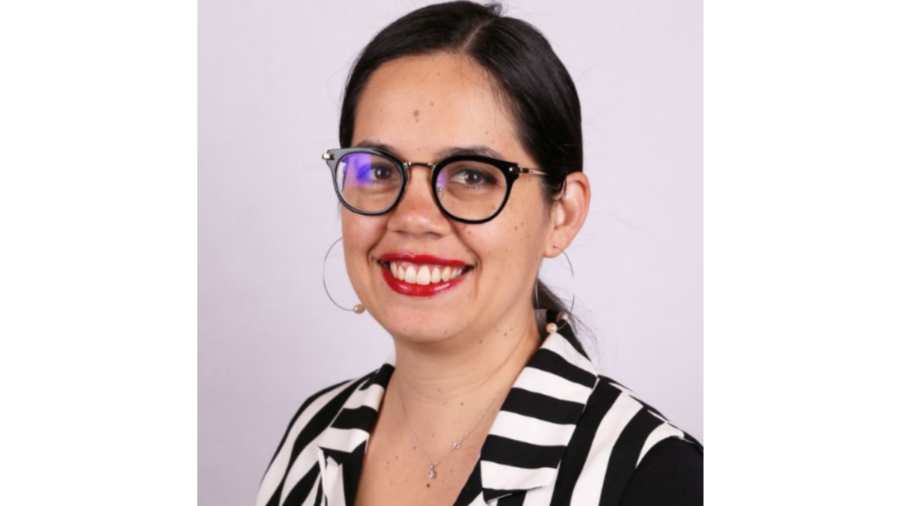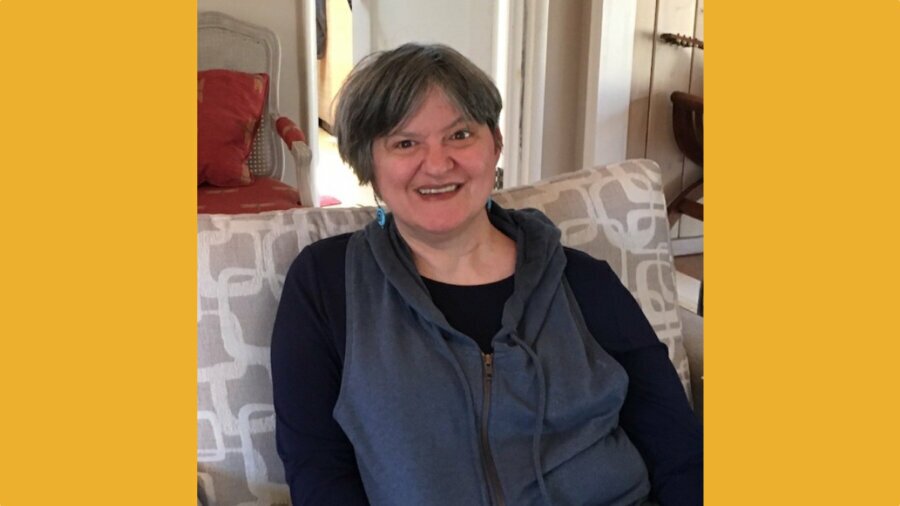 As an employer, there are many ways you can improve the accessibility of your workplace for disabled workers, and one of the biggest is having flexible telework policies.
As an employer, there are many ways you can improve the accessibility of your workplace for disabled workers, and one of the biggest is having flexible telework policies.
For years, different groups within the disabled community have faced a range of problems with transportation, including being physically unable to drive, not having wheelchair accessible public transit options, having sensory issues that impair functioning when driving or riding public transportation, or being unable to afford the cost of transportation. Additionally, mental health conditions like depression and anxiety can deter individuals from leaving their homes, and for immunocompromised individuals, many work environments can increase risk of exposure to coworkers’ illnesses. [continue reading…]



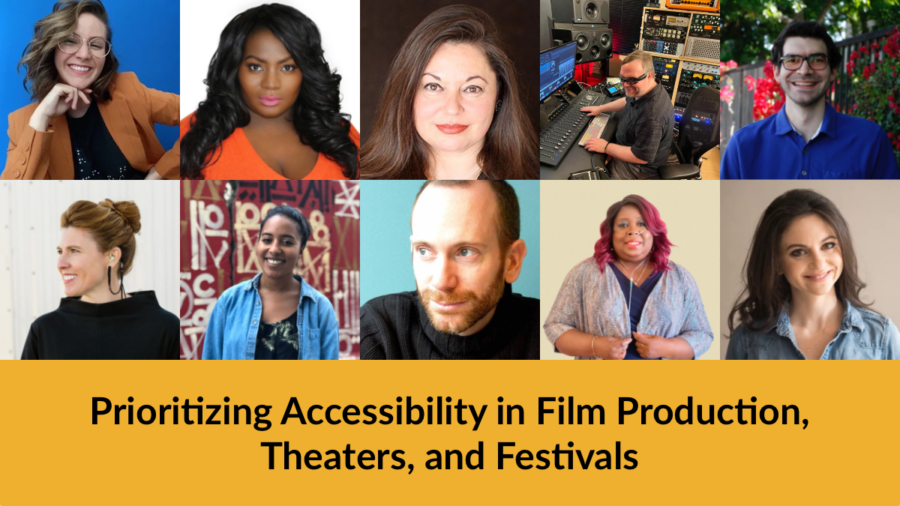

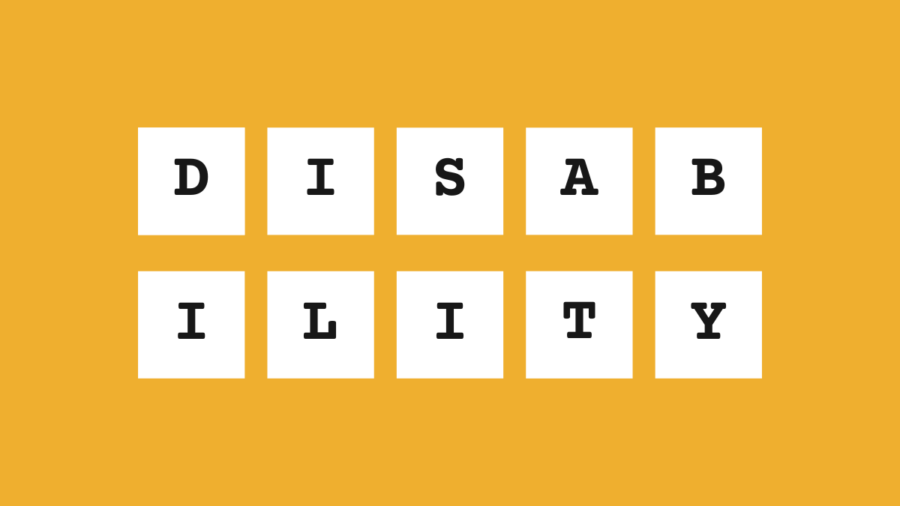
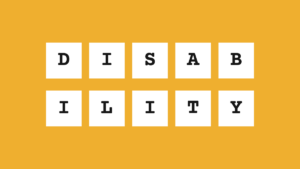 Disability is a set of barriers that society places on people whose bodies work differently. While disability is an extension of the human experience and spectrum of human abilities, the stigma and negative expectations of the disabled body contribute to othering. Inclusive employer policies are an important aspect of the rehabilitation of disabled people into the workforce. Many disabled people are able and willing to work but face unsurmountable stigma and non-inclusive policies from employers.
Disability is a set of barriers that society places on people whose bodies work differently. While disability is an extension of the human experience and spectrum of human abilities, the stigma and negative expectations of the disabled body contribute to othering. Inclusive employer policies are an important aspect of the rehabilitation of disabled people into the workforce. Many disabled people are able and willing to work but face unsurmountable stigma and non-inclusive policies from employers.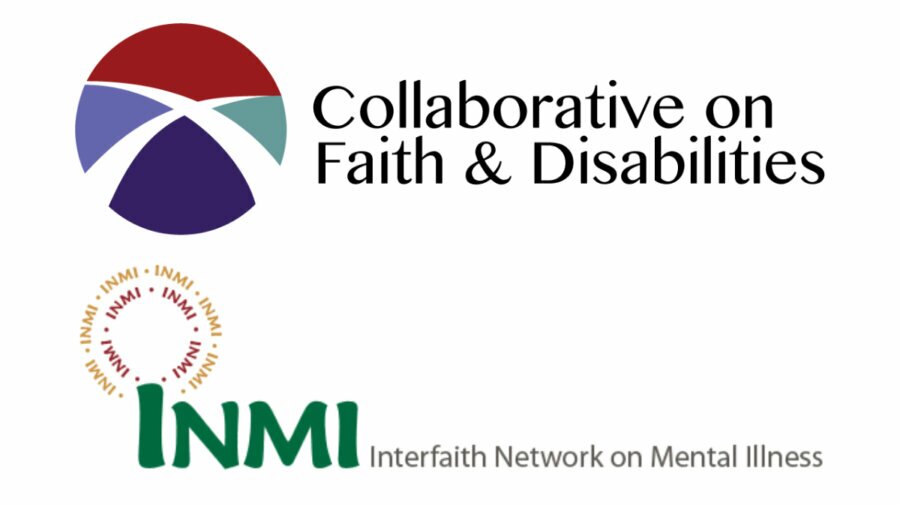
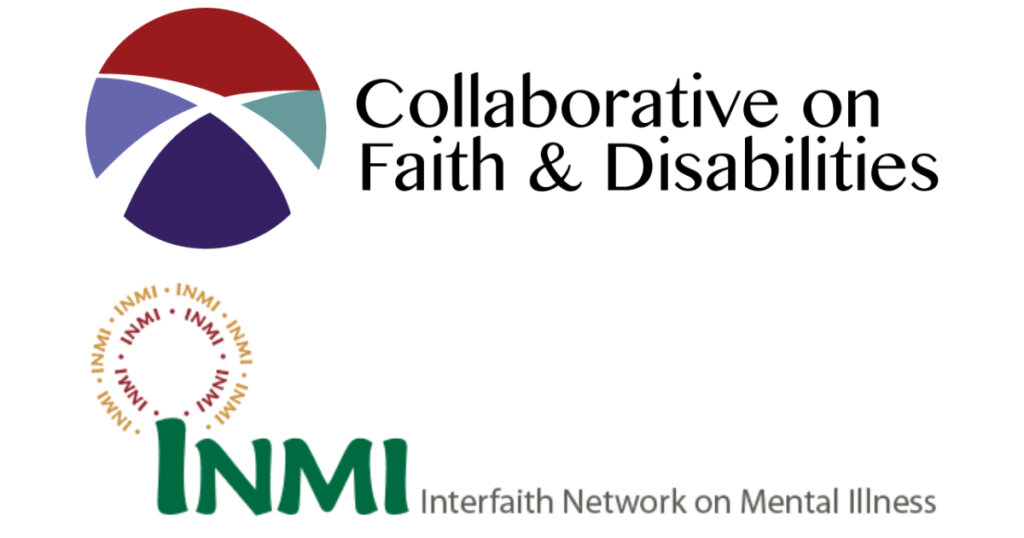 Throughout my research of faith-based organizations that provide services for disability and mental health, a lot of organizations impressed me. I am going to focus on two in particular below.
Throughout my research of faith-based organizations that provide services for disability and mental health, a lot of organizations impressed me. I am going to focus on two in particular below.
 Ten years ago this fall, on what my therapist at the time pointed out was also Yom Kippur, I stepped foot into St. Luke’s Episcopal Church in Long Beach, California for the first time. It was my home from that moment on.
Ten years ago this fall, on what my therapist at the time pointed out was also Yom Kippur, I stepped foot into St. Luke’s Episcopal Church in Long Beach, California for the first time. It was my home from that moment on.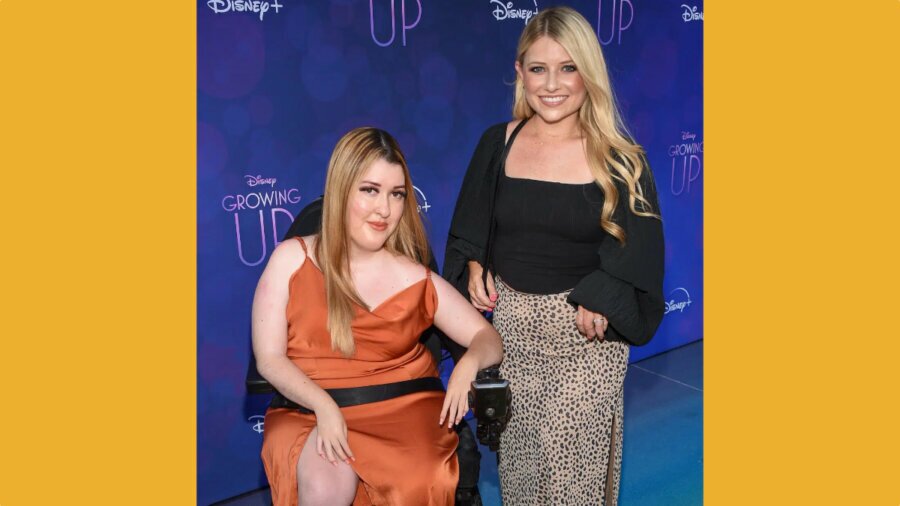
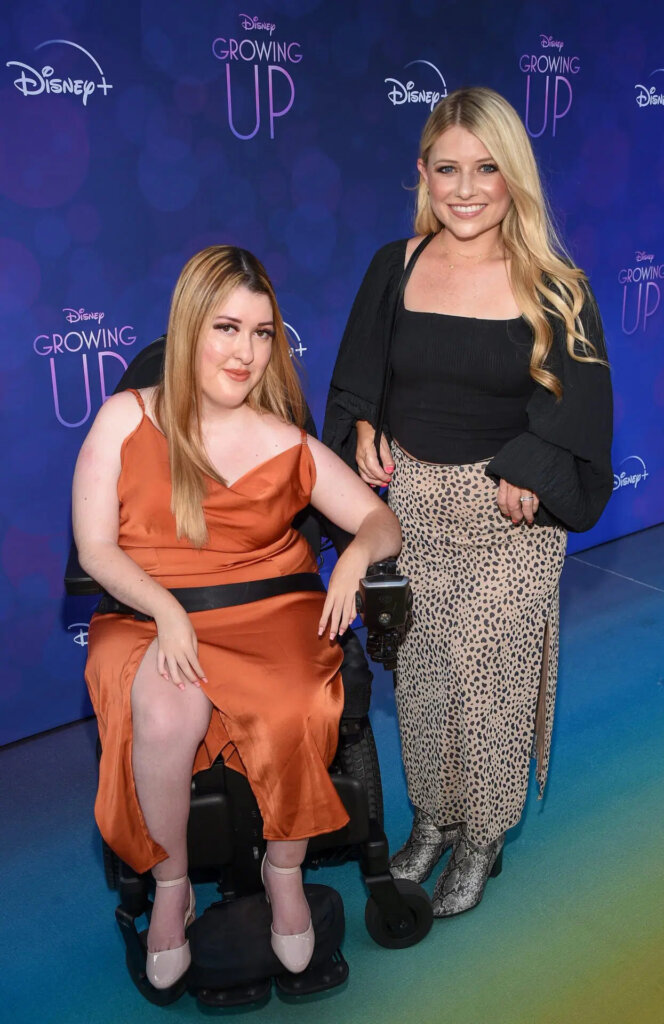 Los Angeles, Sept 22 – Growing Up episode four follows Emily Flores, a woman born with muscular dystrophy, navigating adolescence and young adulthood with a disability. The episode, which is a part of a Disney+ series that highlights stories about notable young people from underrepresented backgrounds, tells the story of how a young Flores founded Cripple Media, an online publication for disabled writers to tell their own stories.
Los Angeles, Sept 22 – Growing Up episode four follows Emily Flores, a woman born with muscular dystrophy, navigating adolescence and young adulthood with a disability. The episode, which is a part of a Disney+ series that highlights stories about notable young people from underrepresented backgrounds, tells the story of how a young Flores founded Cripple Media, an online publication for disabled writers to tell their own stories.
